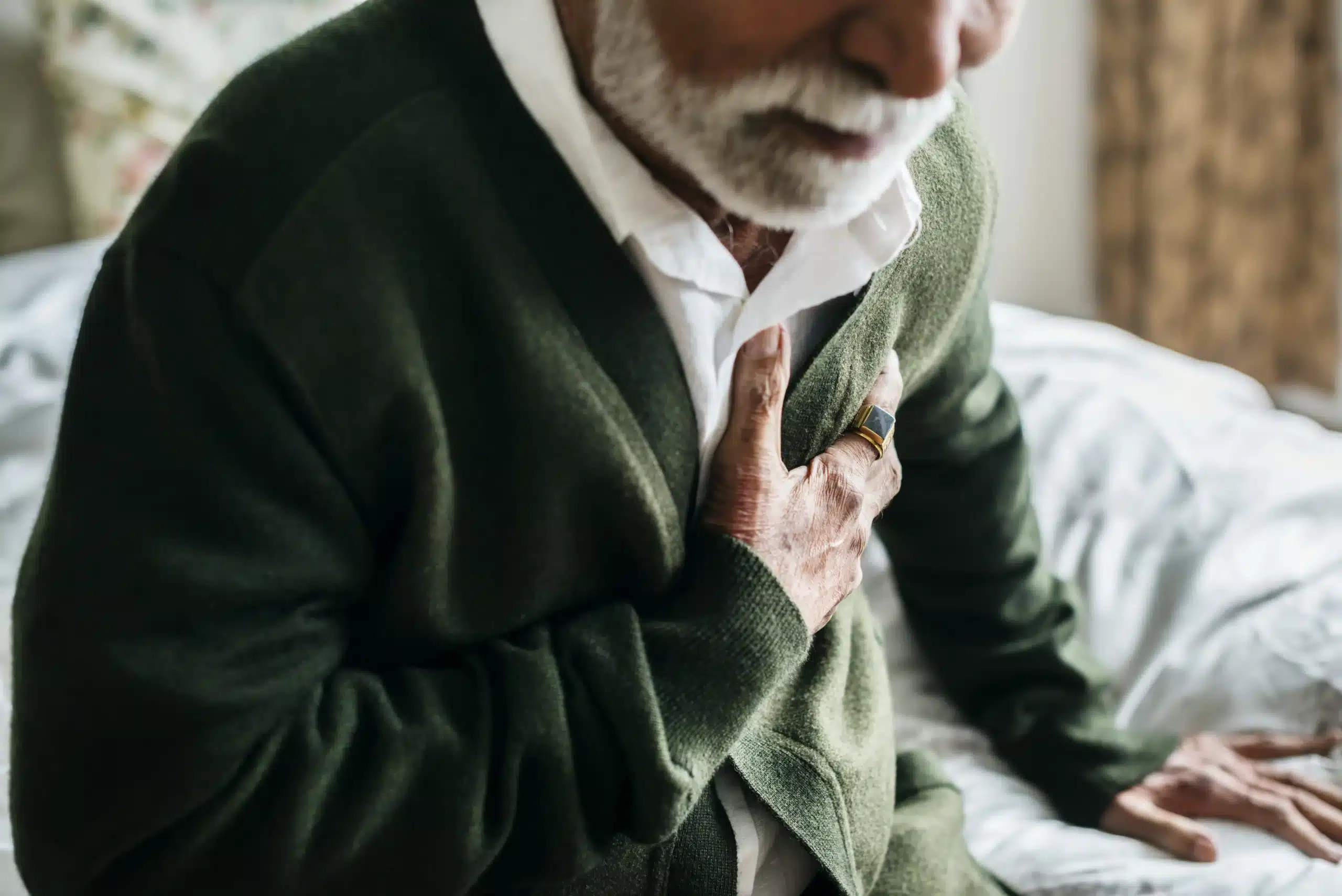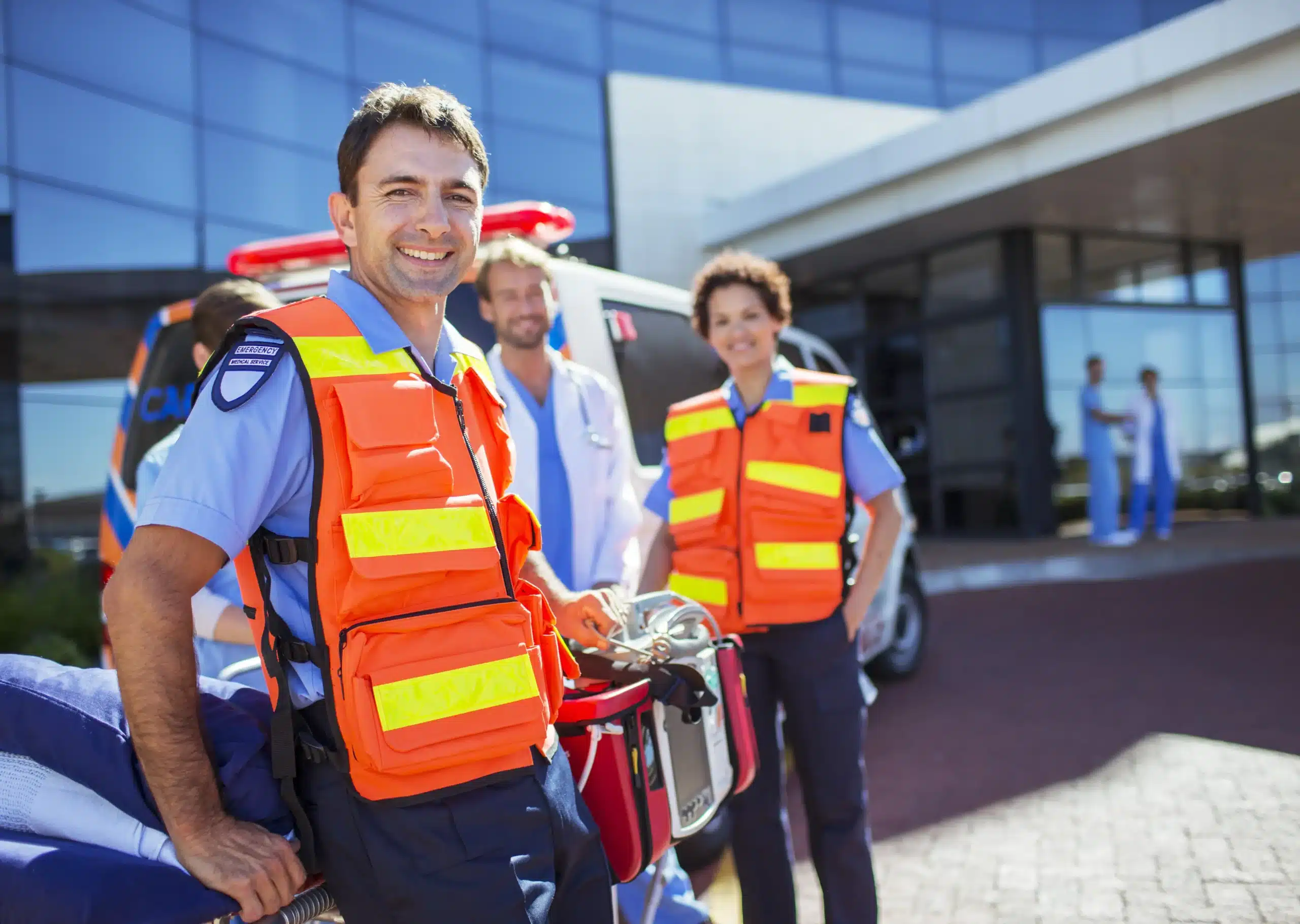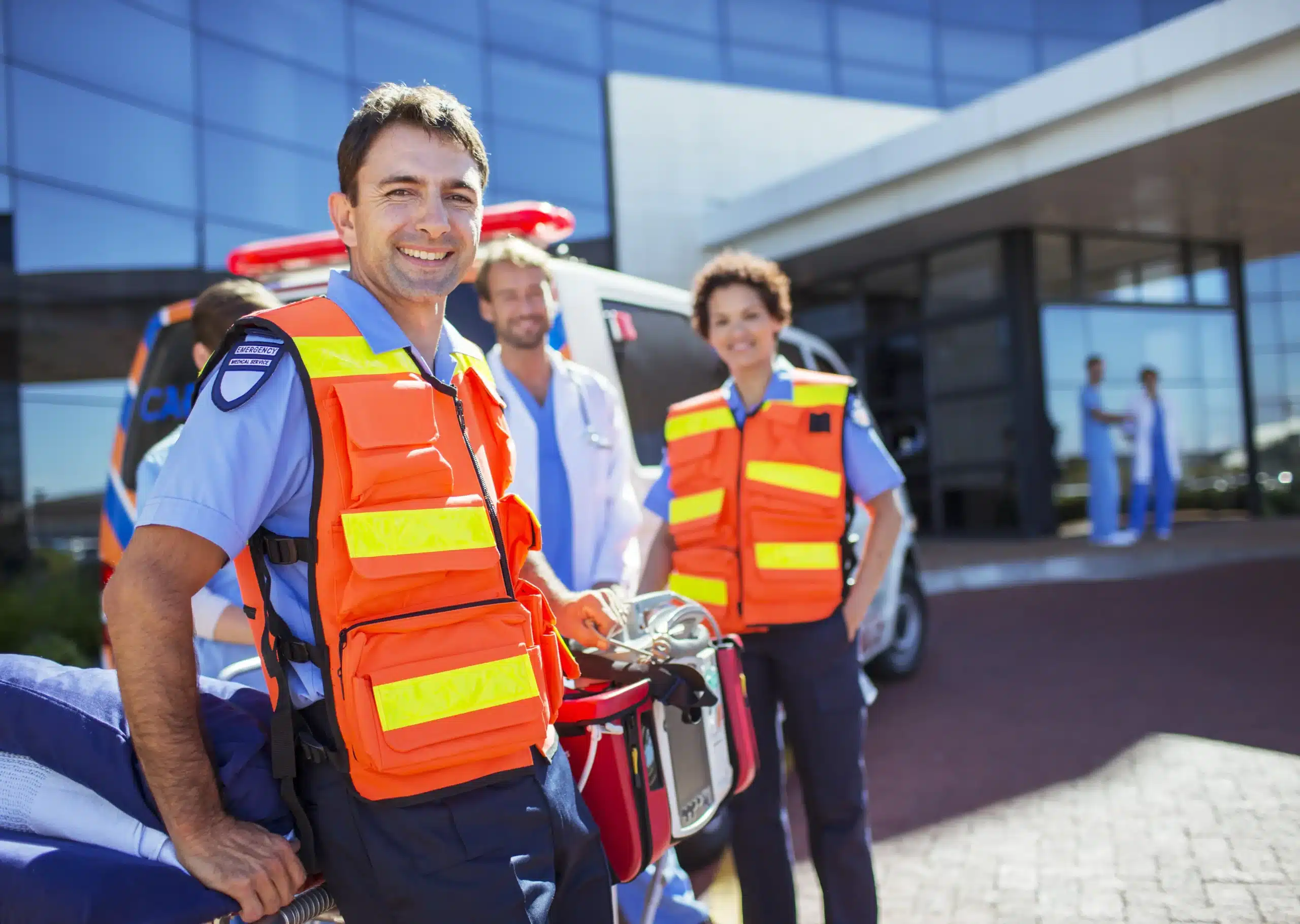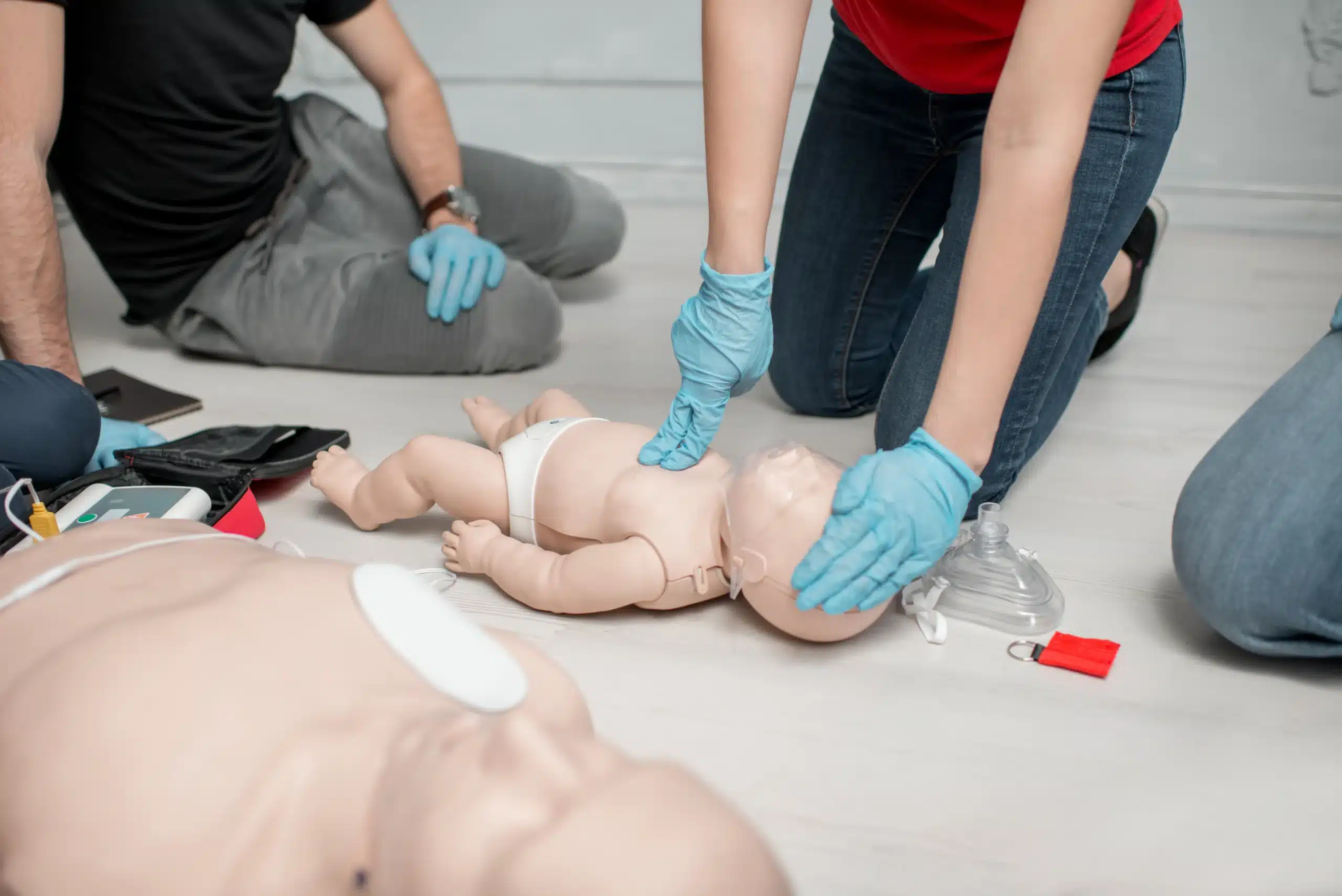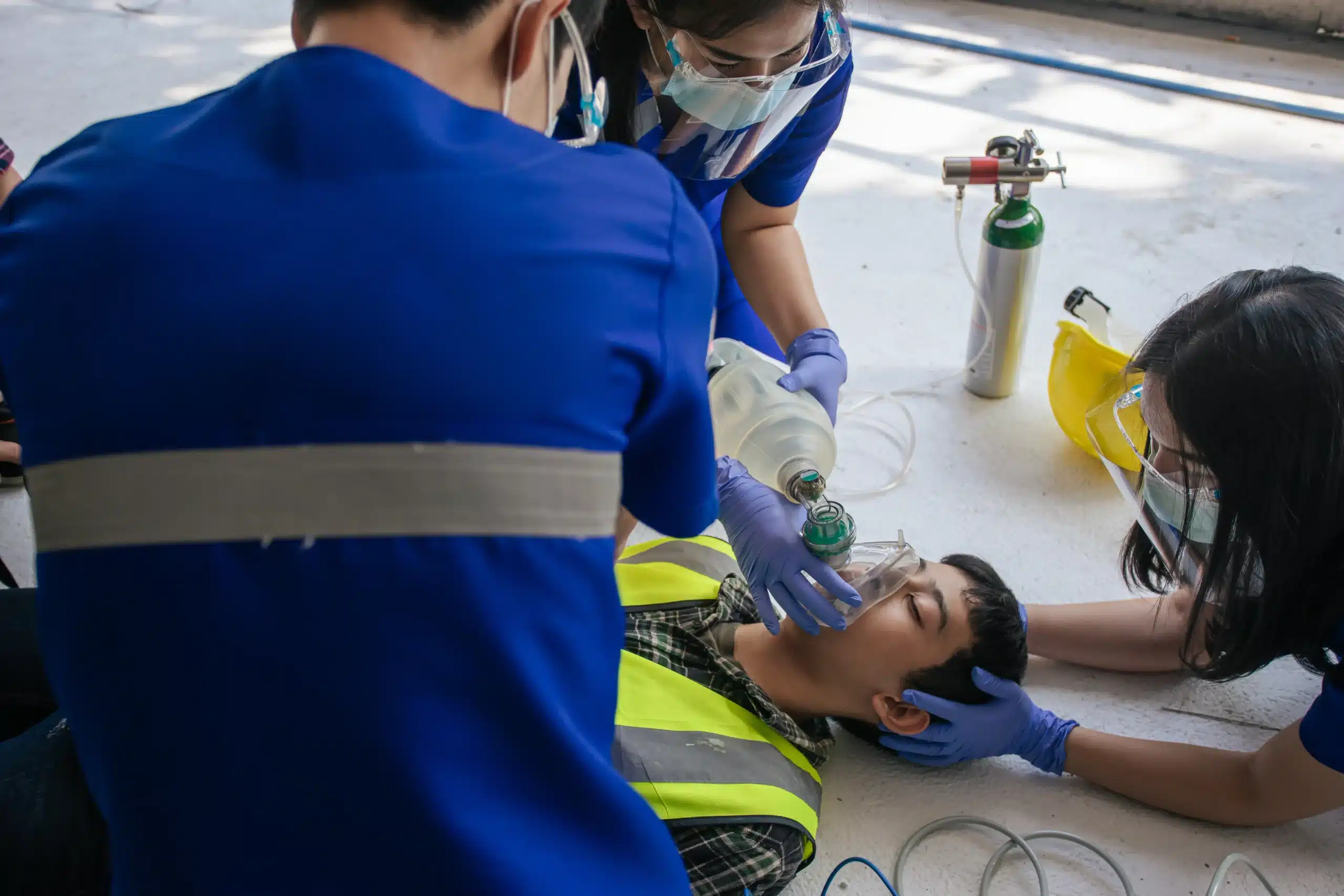Cardiopulmonary resuscitation (CPR) is a life-saving technique that has been known to save countless lives during cardiac emergencies. It is a first-line response that aims to keep oxygen moving to the brain and other vital organs until further measures are taken. The early initiation of CPR can double or triple the chances of survival from an out-of-hospital cardiac arrest.
However, surviving a near-death experience such as this can often leave an individual grappling with various physical and psychological challenges. While physical recovery is essential and often the primary focus, psychological recovery is equally important and should not be overlooked.
The Aftermath: Psychological Challenges Faced by Survivors
Survivors of cardiac arrests, where CPR was successful, often face a myriad of mental health issues. The trauma of coming so close to death can trigger anxiety and post-traumatic stress disorder (PTSD). These individuals may experience recurring nightmares, flashbacks of the event, severe anxiety, and difficulty sleeping.
Moreover, the fear of recurrence can lead to heightened stress levels, causing them to live in constant fear and apprehension. This can severely impact their quality of life and hinder their overall recovery process.
Coping Mechanisms and Support Systems
It is crucial for survivors to identify various coping mechanisms to deal with such challenges. Therapies like cognitive-behavioral therapy (CBT) can help individuals understand and change thought patterns that lead to harmful behaviors or feelings of distress. Mindfulness and meditation can also aid in reducing anxiety and promoting a sense of calm.
Support from loved ones plays a significant role in the recovery process. Their understanding, patience, and reassurance can provide a sense of security to the survivor. In many cases, joining support groups where survivors share their experiences and coping strategies can make a world of difference.
The Importance of Learning CPR
Preparation is key when it comes to cardiac emergencies. CPR training is crucial as it not only equips individuals with the necessary skills to respond effectively in such situations but also significantly reduces the response time. The knowledge that they can potentially save a life can instill a sense of confidence and control, which is often beneficial for mental well-being.
Conclusion: The Role of Mental Health Support
Surviving a cardiac arrest is just the beginning of a long journey towards full recovery. While physical rehabilitation is important, addressing psychological trauma is equally vital. Healthcare providers, friends, family, and the community at large need to recognize the importance of mental health support for these survivors. Together, we can help them navigate through this challenging phase and lead a fulfilling life post-recovery.
In the end, it is crucial to remember that learning CPR can make a significant difference during a cardiac emergency. As the saying goes, “Knowledge is power.” Let’s empower ourselves and those around us by learning this life-saving skill.




